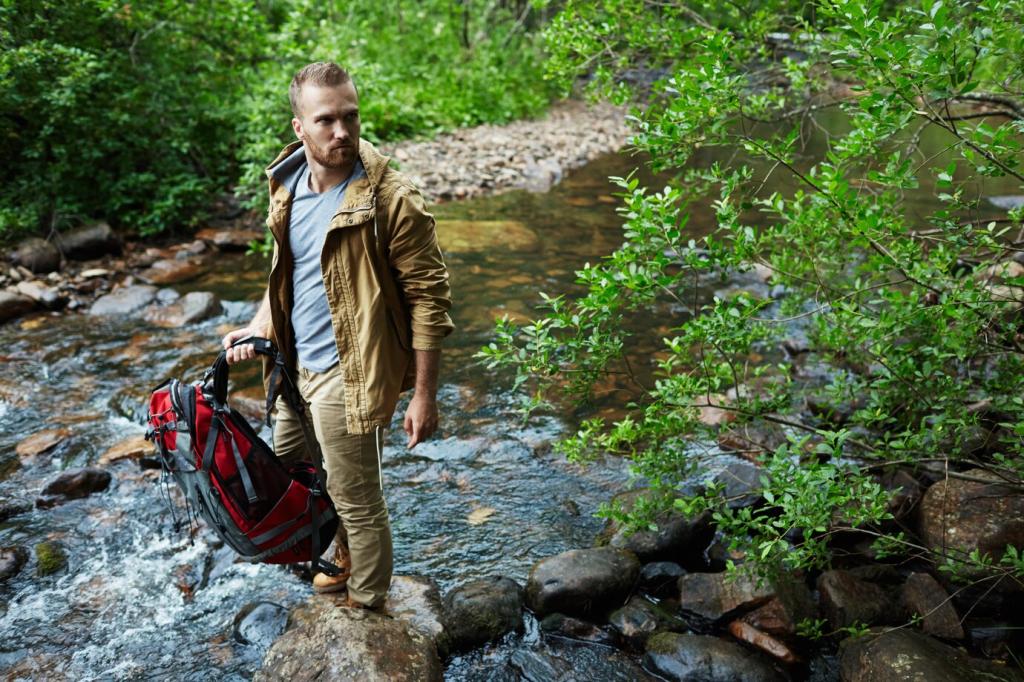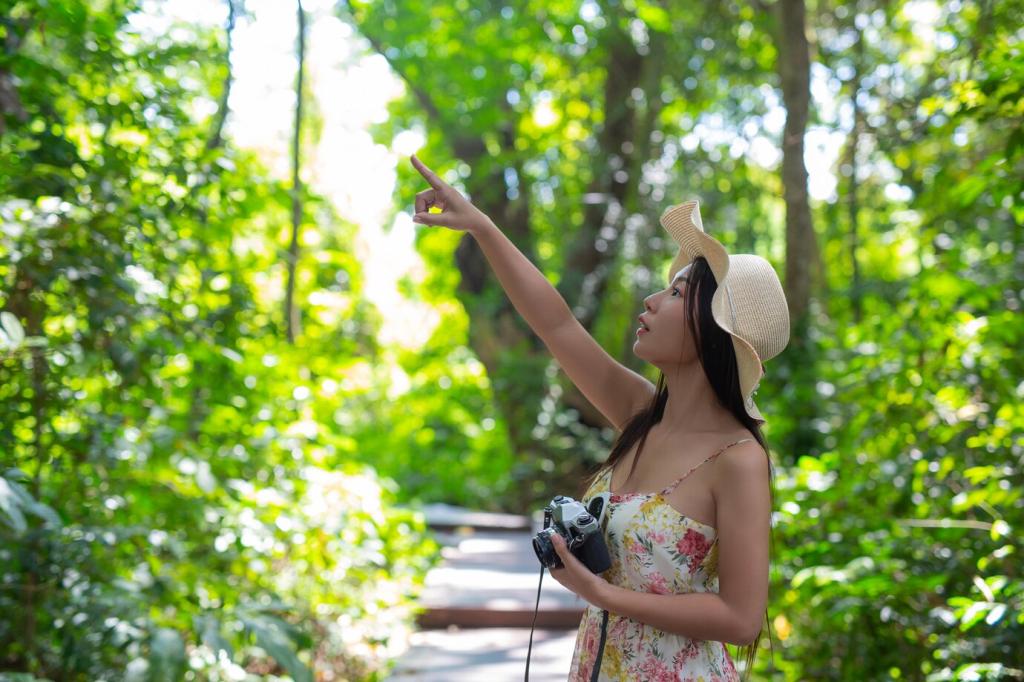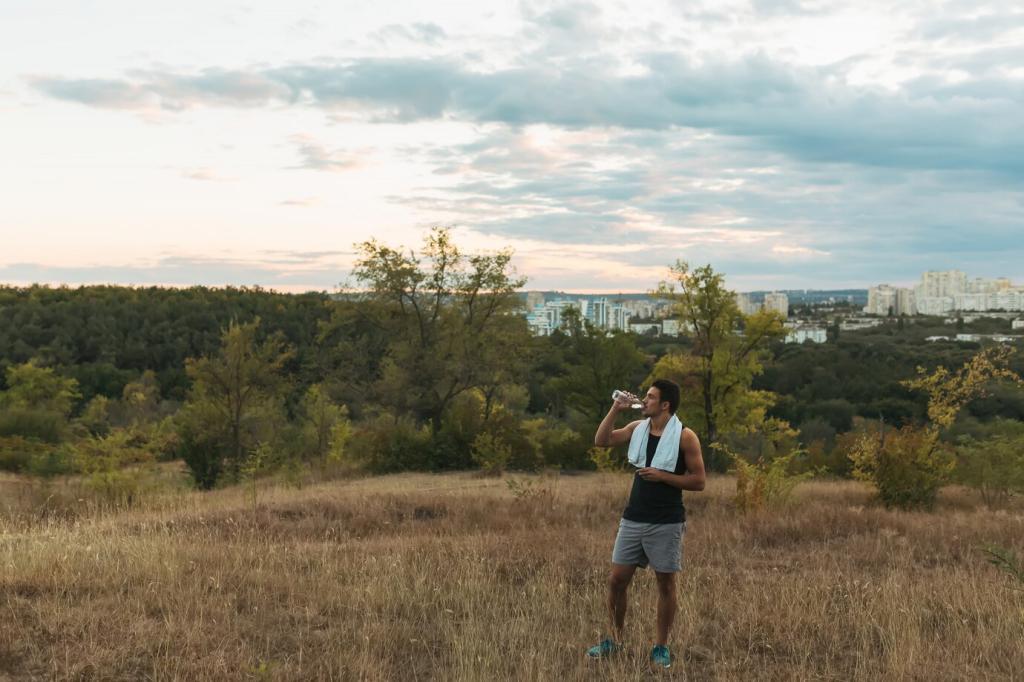Choosing Ethical Guides and Tours
Ask operators how they maintain minimum viewing distances, handle crowded sightings, and avoid sensitive seasons. Request specifics about group size limits, animal stress indicators, and cancellation policies when conditions could harm wildlife. Honest, clear answers reveal authentic commitment.
Choosing Ethical Guides and Tours
Look for accredited training, local permits, and membership in responsible tourism networks. Avoid tours that bait, feed, or promise guaranteed close-ups. Any suggestion of touching, chasing, or surrounding animals is a red flag that compromises safety and dignity.







